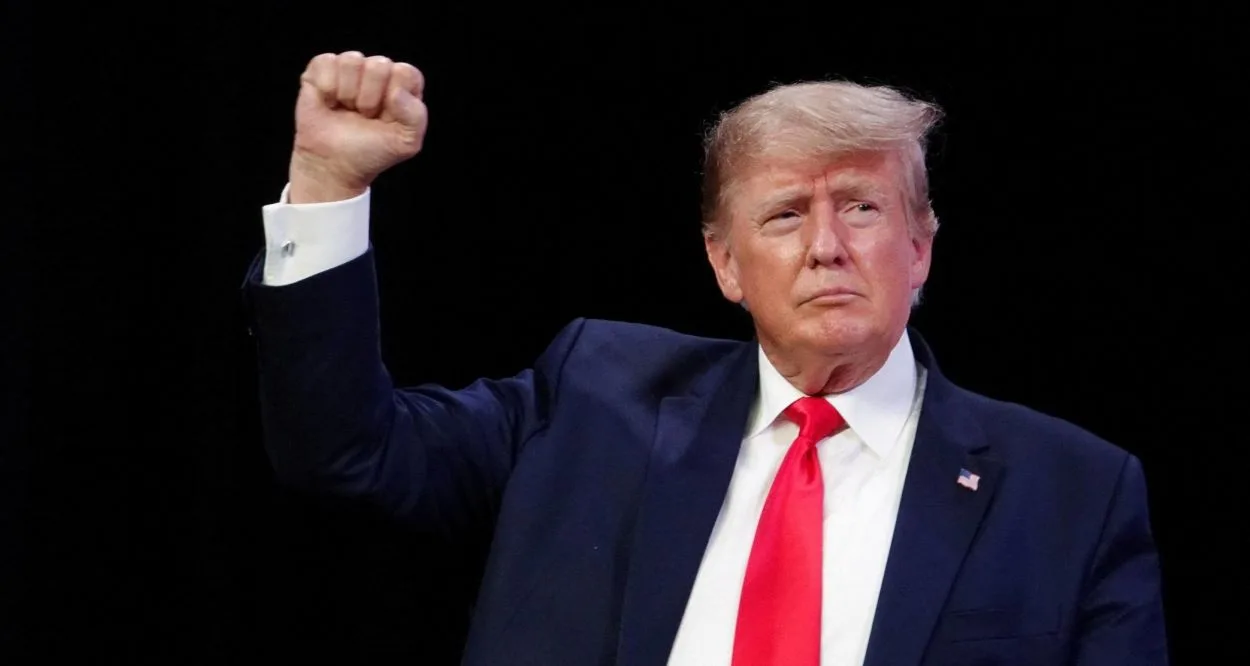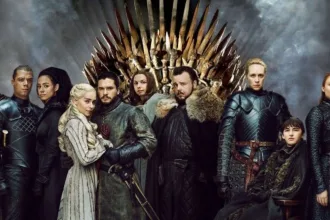The New York appeals court has dealt a major legal blow to former President Donald Trump, thwarting his attempt to dismiss a lawsuit spearheaded by State Attorney General Letitia James.
The litigation accuses Trump and his family enterprise, the Trump Organization, of conducting extensive fraud by distorting asset values and their net worth to secure advantageous conditions from lenders and insurance firms. While the court pared down the case and dismissed accusations against Trump’s daughter, Ivanka Trump, it ruled that the lawsuit could progress towards a trial date set for October 2.
In a unanimous decision, the Appellate Division in Manhattan endorsed James’ jurisdiction to probe alleged fraudulent activities and illegalities, irrespective of the years that have elapsed since the suspected misconduct. However, it referred to statutes of limitations that deterred James from chasing claims that originated prior to specific cut-off points in 2014 and 2016, varying by the defendant. Consequently, allegations against Ivanka Trump were dismissed due to their untimely filing.
Implications and Consequences of the Lawsuit
The court’s ruling paves the way for a riveting trial in October, where the supposed fraudulent practices by Trump will be under a microscope. The lawsuit’s outcome could have far-reaching implications for Trump’s reputation and economic interests.
The litigation is pursuing damages worth at least $250 million and seeking to inhibit the Trump family from managing businesses in New York. Therefore, the case holds considerable gravitas in both the legal and political spectrums.
Donald Trump’s lawyer, Christopher Kise, argued that James lacked the authority to interfere in private transactions that were conducted years prior. In contrast, James’ office retorted that Trump’s fraudulent deeds could jeopardize the authenticity of banking, insurance, and real estate markets, adversely affecting honest participants. Trump has consistently dismissed any wrongdoing, labelling the lawsuit and unrelated criminal charges as components of a Democratic “witch hunt.” His sons, Donald Jr. and Eric Trump are also embroiled in the lawsuit as defendants.






